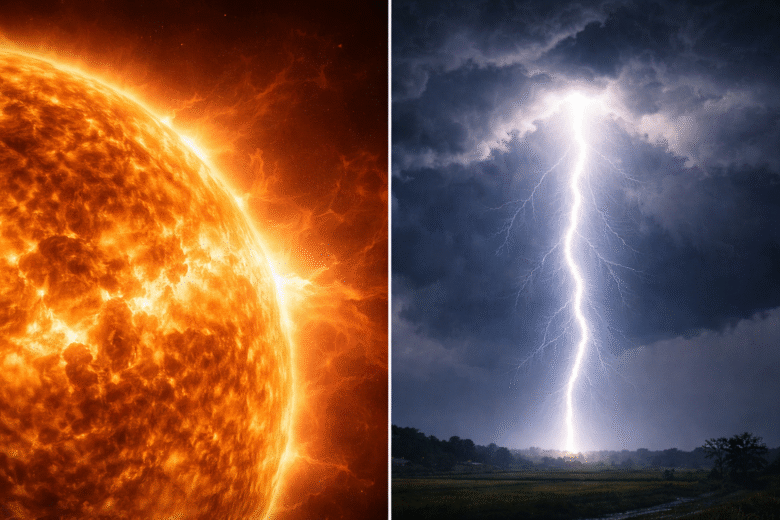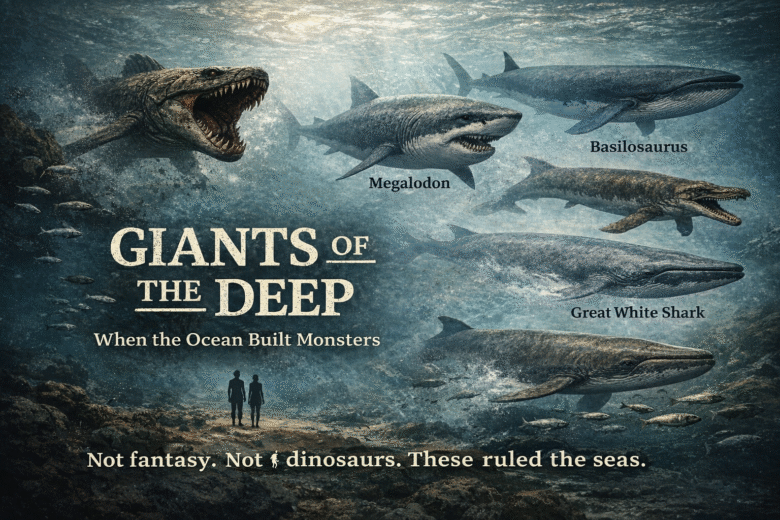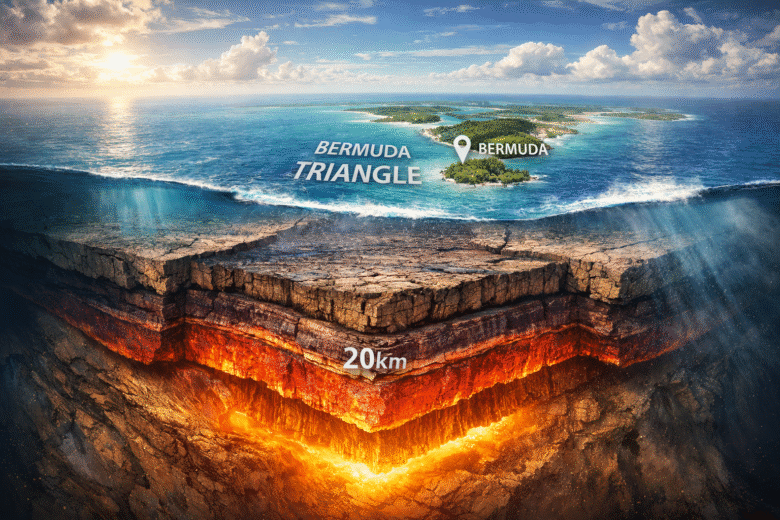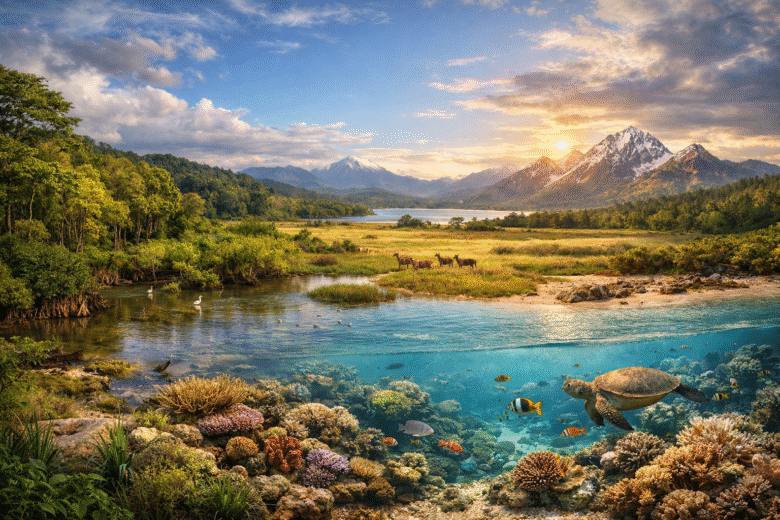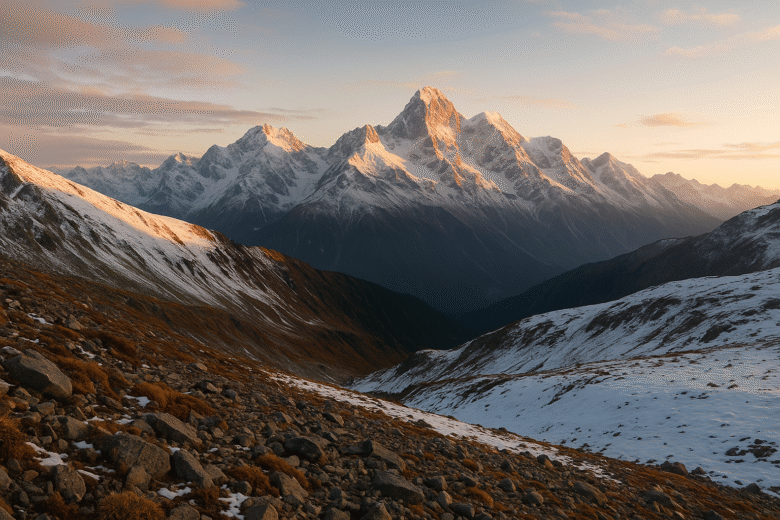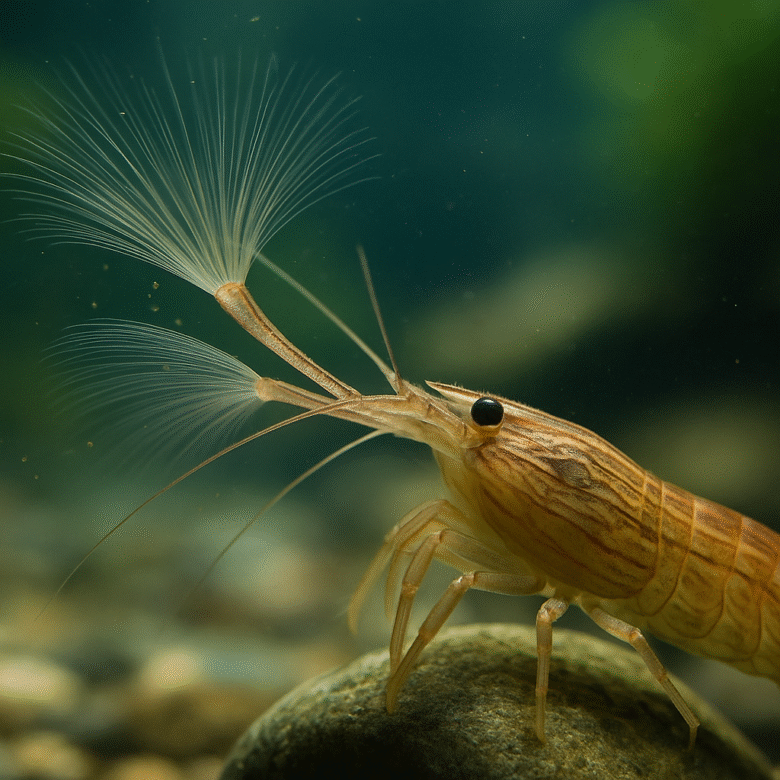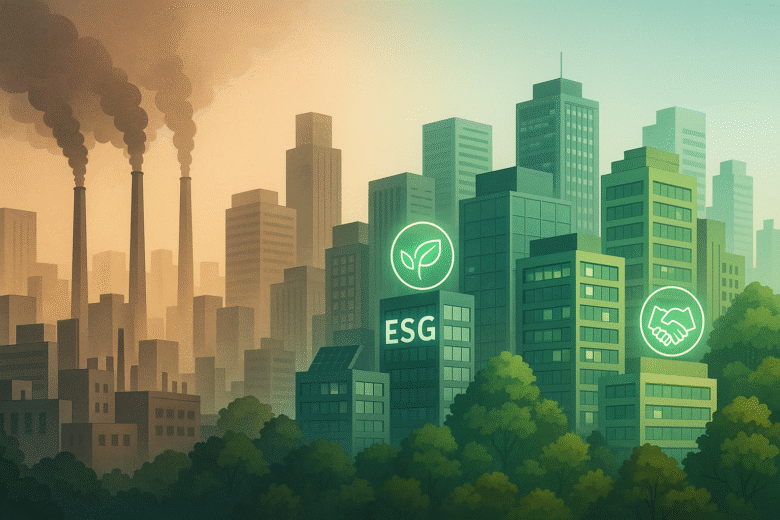Fun fact first: a single bolt of lightning can briefly heat the air around it to nearly 30,000 degrees Celsius, making it far hotter than the surface of the Sun—right above our heads, during an ordinary monsoon evening. Yes, you read that right. Lightning is hotter than the surface of the Sun, and not by …
Fun fact: Every day, more organic material falls through the ocean than snow falls on most mountain ranges—yet almost no one ever sees it. We rarely imagine the ocean as a place where anything “falls.” But beneath the glittering surface, a silent snowfall never stops. This article, Microbes in Ocean ‘Snow’ Rain Down Constantly, explores …
Fun fact: The largest predators that ever lived on Earth were not dinosaurs on land—but monsters that ruled ancient oceans long before humans existed. When we imagine Earth’s past, our minds usually jump to roaring dinosaurs and fern-covered landscapes. But the real theatre of evolutionary excess was underwater. The oceans of deep time were not …
Fun fact: Every single day, Earth quietly produces bursts of gamma radiation powerful enough to rival events we usually associate with exploding stars—yet most of us will live our entire lives never knowing they exist. That hidden drama is the heart of “When Lightning Turns Radioactive: Earth’s Gamma Secret.” The idea sounds like science fiction, …
Fun fact: The Bermuda Triangle is not just a patch of mysterious sea—it sits above rock layers so strange that even Earth scientists are rethinking how islands stay afloat. For decades, the Bermuda Triangle has lived in popular imagination as a place where ships vanish, compasses misbehave, and logic seems to sink. But now, science …
Fun fact: Ecosystems with more kinds of plants and animals often weather climate extremes better than those with fewer species—like nature’s own shock absorbers. In an age where headlines are dominated by heatwaves, floods, and food shortages, the phrase “Nature’s Rich Tapestry” might sound poetic—but make no mistake: it’s a survival strategy. Diverse ecosystems aren’t …
Did you know that some of the world’s most advanced robots are now better climbers than many humans? “Robots on Remote Mountains” may sound like a science-fiction headline, but it reflects a quiet shift happening high above our cities and farms. As climate change tightens its grip on cold-adapted species and mountain ecosystems grow more …
Fun fact: Some freshwater shrimp can “filter-feed” using tiny fans on their arms—like underwater butterflies catching invisible dust. Every now and then, nature stages a comeback so unexpected that it forces us to rethink what we believe about extinction, biodiversity, and our connection to the water bodies that quietly keep India alive. That is precisely …
Did you know that some insects are being x-rayed so precisely that their insides show up like tiny alien landscapes? In the blog entitled “Insect Anatomy Under the X-Ray: Bugs Tell Big Ecological Tales” we explore how cutting-edge imaging using powerful synchrotron X-rays is tearing open the secrets hidden in even the smallest of creatures. …
Fun fact: India is the first country in the world to legally mandate Corporate Social Responsibility (CSR), turning what was once charity into a national development strategy. There’s a quiet revolution underway in India, and most of us don’t notice it unless a company announces a school-building initiative or plants a few thousand trees for …

